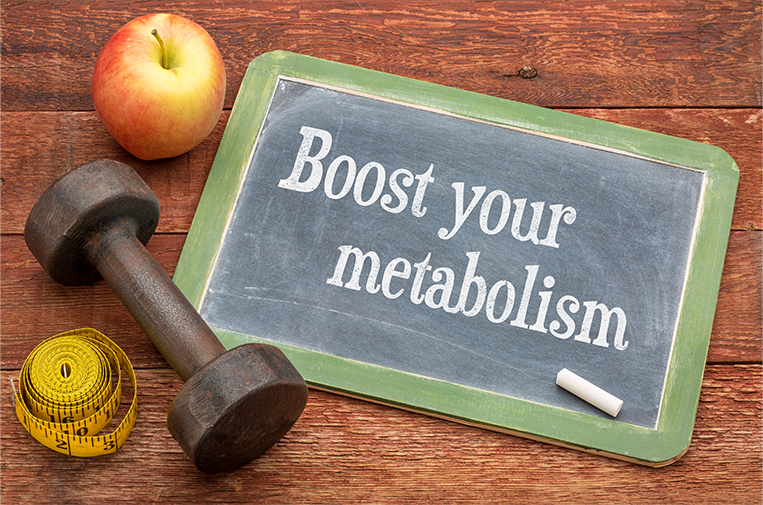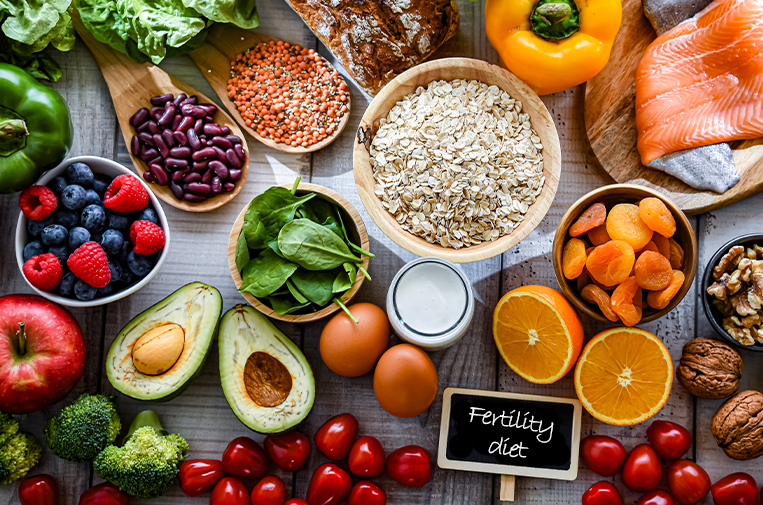It’s time for another update on Vitamin D and IVF
What is a normal Vitamin D level? A quick review:
- To assess Vitamin D, a blood sample is taken and the 25 (OH) Vitamin D level is measured.
- Adequate: 30 ng/ml or greater.
- Insufficient: 21 to 29 ng/ml.
- Deficient: below 20 ng/ml
- Factors that contribute to vitamin D deficiency include inadequate dietary intake, dark skin, aging, obesity, geographic location and sun exposure.
- The current RDA for Vitamin D is 600 IU.
Let’s look at two recent publications that caught my attention.
In a review article published online December 2014 in the Journal of Assisted Reproduction and Genetics, researchers looked at Vitamin D and assisted reproduction. The cost-effectiveness of routine screening for Vitamin D deficiency and the replacement (repletion) prior to the start of IVF was studied.
Their findings:
- Vitamin D deficiency has been reported in 31-65% of women undergoing IVF in the United States (similar to the general adult population).
- In the 8 eligible studies (34 were reviewed) the authors report:
- 5 concluded that ART outcomes improved with Vitamin D repletion
- 2 showed no association
- 1 reported a negative relationship between Vitamin D ART outcomes
- Using a cost-benefit analysis, supplementing Vitamin D deficient women before IVF might significantly reduce cost (per ongoing pregnancy).
- As the majority of studies show decreased pregnancy outcomes in Vitamin D deficient women, supplementing with Vitamin D is a safe and inexpensive option.
- At this time, the benefit of routine screening and supplementation remains unclear.
The second article was published in the Journal of the Academy of Nutrition and Dietetics (November 2014). It has been long held that taking vitamin D with a meal containing fat will help absorption. The researchers looked at the effects of dietary fat and vitamin D absorption. They reported, as expected, a significantly greater absorption of the Vitamin D3 in meals containing 30% of the calories from dietary fats.
To date, there are still no prospective studies published demonstrating that Vitamin D supplementation in women with insufficient or deficient levels of 25-OH Vitamin D will result in an increase in the live birth rate. Such studies are needed and at least one is currently underway. Stay tuned!
Conclusions:
- I advise that all women attempting pregnancy, especially those undergoing IVF, should have their 25-OH Vitamin D level tested.
- The ideal level of 25-OH Vitamin D has yet to be defined for IVF. 25-OH vitamin D levels above 20 ng/mL appear to be beneficial.
- In those women who are found to be either Vitamin D insufficient or deficient, Vitamin D supplementation should be utilized. Typical supplementation doses are 2000-4000 IU daily of Vitamin D3 daily.
- Vitamin D repletion may take 60-90 days. Be patience.
- To enhance the absorption of Vitamin D, it is best to take your Vitamin D supplement with a fat-containing meal.






